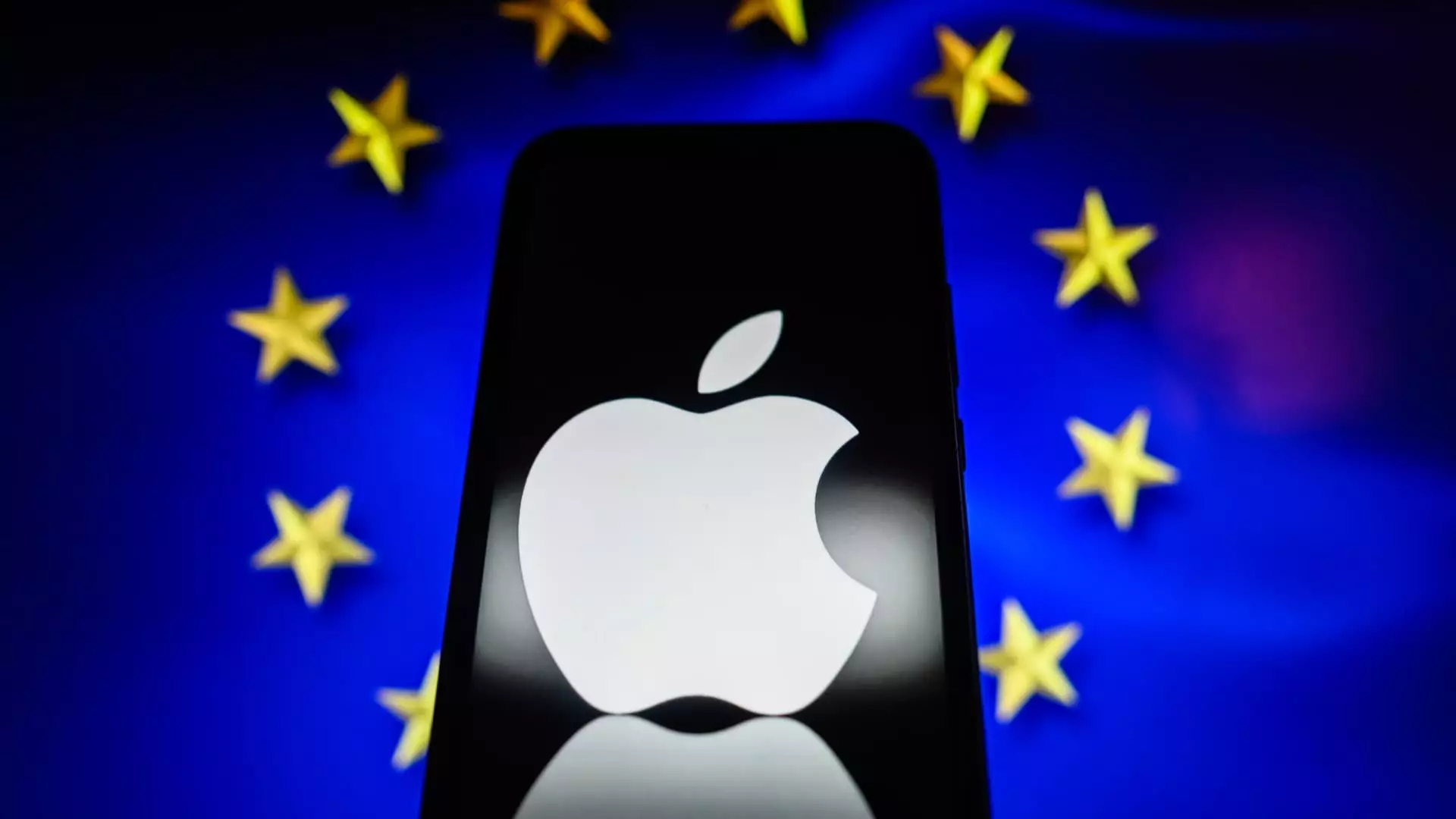In a recent decision on Tuesday, the European Court of Justice delivered a blow to Apple in a decade-long legal battle over its tax affairs in Ireland. The ruling comes after Apple’s announcement of new product offerings, showcasing its efforts to revamp its iPhone, Apple Watch, and AirPod lineups.
The European Court of Justice found against Apple, rejecting the tech giant’s argument that the European Commission was retroactively changing the rules around tax laws. According to Reuters, Apple claimed that its income was already subject to taxes in the U.S., as required by international tax regulations. As a result of the ruling, Apple’s shares were down 1% in premarket trading in London.
Background of the Case
The case dates back to 2014 when the European Commission initiated an investigation into Apple’s tax payments in Ireland, where the tech company’s headquarters in the EU are located. In 2016, the commission ordered Dublin to recover up to 13 billion euros in back taxes from Apple, alleging that the company had received “illegal” tax benefits from Ireland over a 20-year period. Apple and Ireland appealed the decision in 2019, leading to a series of legal proceedings that ultimately reached the European Court of Justice.
The European Court of Justice’s decision marks a significant turning point in the ongoing battle between U.S. tech giants and the EU. The case not only sheds light on issues related to taxation but also underscores the broader conflict between American companies and European regulators regarding data protection, antitrust, and other regulatory matters.
This is not the first time that Apple has faced scrutiny from the EU. Earlier in March, the European Commission imposed an antitrust fine of 1.8 billion euros on Apple for alleged abuses of its dominant market position in the distribution of music streaming apps. Additionally, the EU’s Digital Markets Act has compelled tech companies, including Apple, Alphabet, and Meta, to change their practices in Europe, signaling a shift in regulatory attitudes towards big tech.
The European Court of Justice’s ruling against Apple in the tax dispute serves as a reminder of the ongoing regulatory challenges faced by multinational corporations operating in the EU. The case underscores the importance of compliance with international tax laws and the need for transparency in corporate taxation practices. As technology companies continue to navigate complex regulatory landscapes, it remains essential for them to engage proactively with regulators to address concerns and ensure compliance with legal requirements.

Leave a Reply